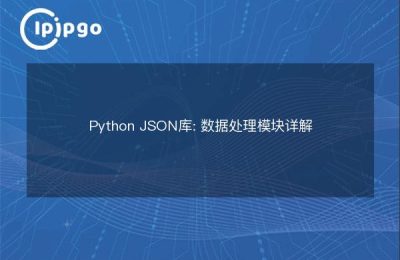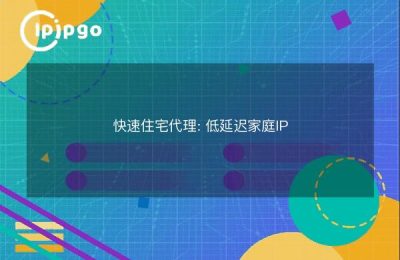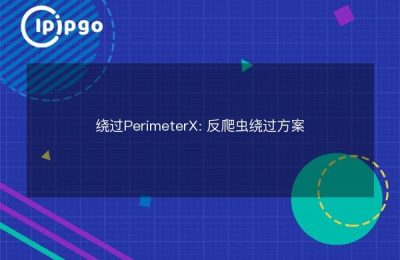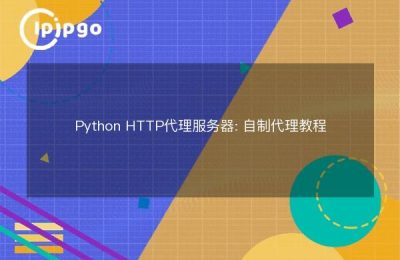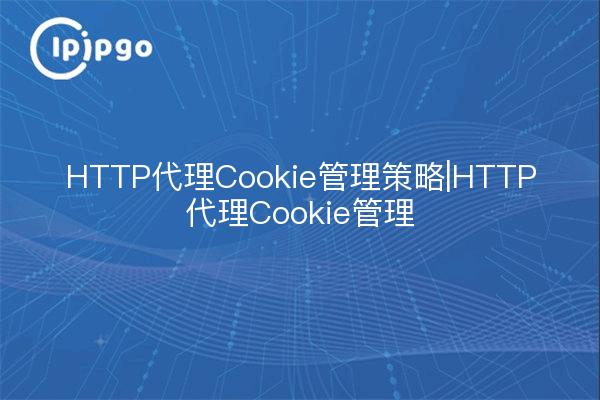
Three Core Pain Points in HTTP Proxy Cookie Management
When using proxy IPs to handle scenarios such as website login and data collection, cookie management directly affects the success of the operation. The most common issues include:Multi-account cookie crosstalk leads to banning,Frequent IP changes trigger CAPTCHA storm,Local storage confusion causes loss of login statusThese problems often lead users to a dead end cycle of "change IP - lose cookies - log in again". These problems often lead users to a dead end cycle of "change IP - lose cookies - log in again".
How to Resolve Cookie Conflicts with Dynamic IPs
via ipipgo'sResidential Proxy IP ServiceIt can realize that each account is bound to an independent IP address. For example, when managing 10 e-commerce accounts, each account is assigned an exclusive static residential IP (e.g., U.S. Los Angeles residential IP), which, together with the browser fingerprint isolation technology, ensures that the cookies of different accounts are completely isolated. This solution improves account survival rate by more than 80% compared to traditional dynamic IP rotation.
| Scene Type | Recommended IP type | Cookie Retention Period |
|---|---|---|
| account name maintenance | Static Residential IP | Permanent fixation |
| data acquisition | Dynamic Residential IP | single session |
| Batch Registration | server room IP pool | unsaved |
ipipgo's Cookie Management Adaptation Program
For different business scenarios, it is recommended to combine ipipgo'sIP address pool management functionPerform the configuration:
1. Setting up in automation toolsIP-Cookie Binding RulesAutomatic switching when a mismatch between the current IP and cookie locale is detected (e.g., Japanese accounts use Tokyo residential IPs).
2. Adoptionsession keeping technologyMaintaining IP stability, ipipgo supports single IP to maintain a maximum of 24 hours without disconnecting, especially suitable for financial websites that need to keep logging in.
3. Enabling of CAPTCHA-prone websitesIP Cooling MechanismThe IP that triggered the verification is automatically moved out of the available pool for 12 hours to avoid repeated use of the problematic IP.
Practical operation guide
Example of cookie isolation using Python+ipipgo:
import requests
from ipipgo import Rotator import ipipgo official SDK
proxy = Rotator.get_proxy(type='residential', country='us')
headers = {'Proxy-Authorization': f'Bearer {proxy.auth_key}'}
session = requests.Session()
session.proxies = {'http': proxy.endpoint}
session.cookies.update({'session_id': 'xxxx'}) Bind a specific cookie to the current IP
Frequently Asked Questions QA
Q: What should I do if my cookies are not working after I change my IP?
A: Make sure to use ipipgo'sIP Localization Lock FunctionFor example, U.S. accounts are always assigned U.S. IPs to avoid cookie anomalies caused by cross-border IP hopping.
Q: How do I manage cookies for thousands of accounts?
A: ipipgo is recommendedIP Segment Management InterfaceThe account numbers are assigned to different IP segments according to their tail numbers (e.g., IP segment A for 01-50, IP segment B for 51-100) to realize cluster management.
Q:Dynamic IP causes loss of login status?
A: Enable ipipgo'sIP warm-up modeIf a new IP accesses the site, it will first visit the regular page to establish credibility and then perform the login operation.
By rationalizing the use of ipipgo's90 Million Residential IP Resource Pooland intelligent scheduling system, which can build a stable cookie management system. It is recommended to choose according to the business scenarioDynamic/static IP combination programIf necessary, get customized configuration advice through the official technical team.

